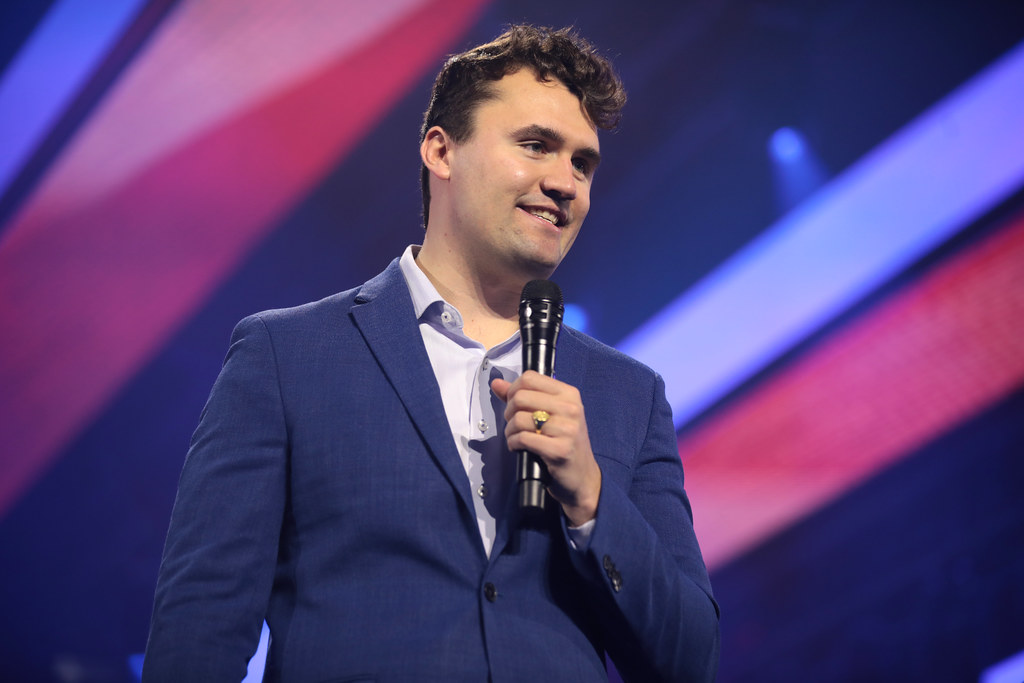
What does a political movement do when its most prominent leader just disappears? After the assassination of Charlie Kirk, Turning Point USA the conservative campus titan he helped to create has been in the public eye, not only to grieve, but to determine its future. The abrupt change of leadership, the vortex of conspiracy theories, and the fresh wave of grassroots enthusiasm have all coalesced to make this a turning point for the group.

Established in 2012, TPUSA has been a campus lightning rod ever since, advocating conservative principles and igniting heated arguments about free speech, identity politics, and America’s place in the world. With Erika Kirk taking over her late husband’s position, the mission, supporters, and controversies of the group come under tighter inspection than ever before. Here is a more in-depth examination of the fundamental principles, leadership changes, and conflicts defining Turning Point USA’s future.
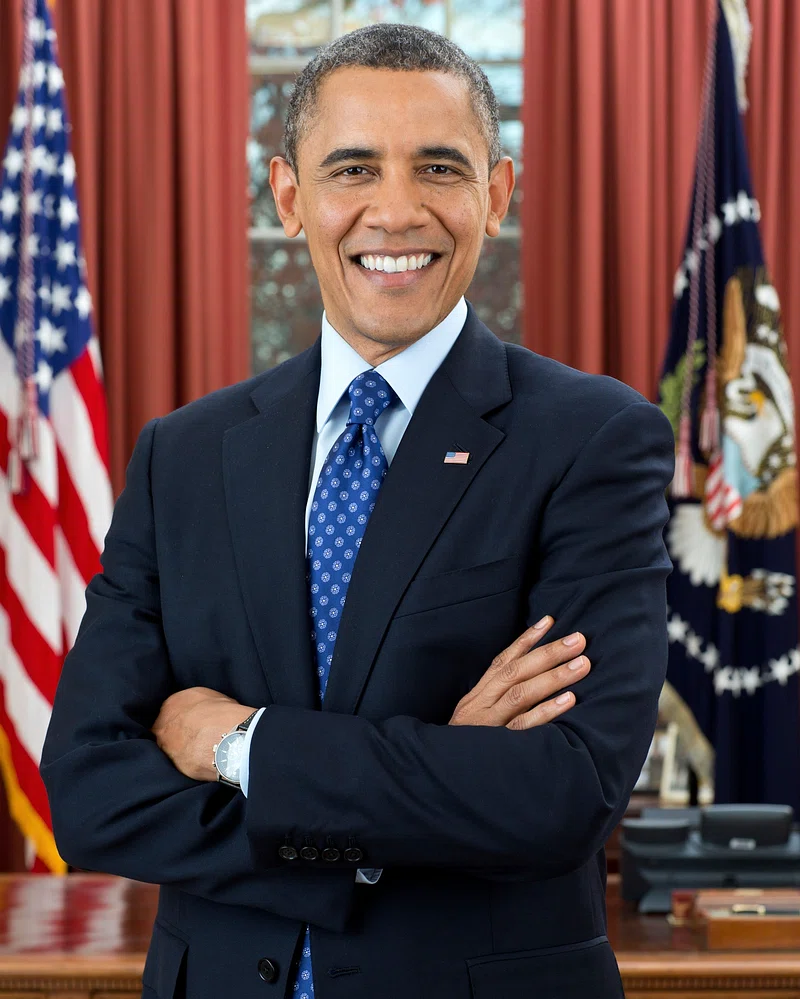
1. The Origins and Core Mission
Turning Point USA was born in 2012, shortly after Barack Obama’s re-election, with a clear goal: to rally young conservatives around principles of freedom, capitalism, and patriotism. Its official mission emphasizes “identifying, educating, training, and organizing students” to build a robust grassroots network. The three fundamental beliefs of the group consideration of the US Constitution as the best political document, America as the greatest nation in the history of the world, and capitalism as the most ethical economic system have remained repeated rallying points.
Aside from slogans, TPUSA has built thousands of chapters at high schools and universities across the country, making it the nation’s largest conservative student movement. This magnified scope has allowed it to be a central figure in influencing youth participation within the larger MAGA movement.

2. Erika Kirk’s Sudden Rise to Leadership
Shortly after the death of Charlie Kirk, the TPUSA board appointed Erika Kirk as CEO and Chair, doing what they claim was Charlie’s stated desire upon his passing. Erika, a Miss Arizona USA winner and Liberty University alum, has been a familiar figure in conservative audiences since hosting her devotional podcast to giving speeches at TPUSA events.
Her commitment to “make Turning Point the biggest thing this nation has ever seen” has been both greeted with excitement and questioned. Erika’s public image grounded in Christian tradition and aversion to “boss babe culture” indicates she might double down on TPUSA’s fusion of politics and faith, possibly broadening its appeal among young conservative women.

3. A Grassroots Boom
During the week after Kirk was assassinated, TPUSA received over 50,000 new student requests to begin chapters or join existing ones. That number has since increased to over 62,000, highlighting how times of crisis can mobilize a movement.
For its fans, the surge is evidence that Kirk’s message of patriotism and religion struck a chord. To critics, it is evidence that the group’s momentum is driven by grief or increased political polarization.

4. Candace Owens and the Rift
Candace Owens, who was formerly TPUSA’s communications director, also had a close professional relationship with Kirk prior to their falling out. Eric Bolling, a member of TPUSA’s advisory board, explained Owens’ “theories got just a little bit too down the rabbit holes” and were “too extreme for [TPUSA’s] taste.”
Although Owens remained a periodic face at TPUSA events, recent weeks have also seen her in the spotlight for perpetuating conspiracy theories surrounding Kirk’s demise. TPUSA spokesperson Andrew Kolvet insisted “Charlie and Candace remained friends,” though the public feud and Owens’ increasingly strident language have laid bare fractures within the conservative media universe.
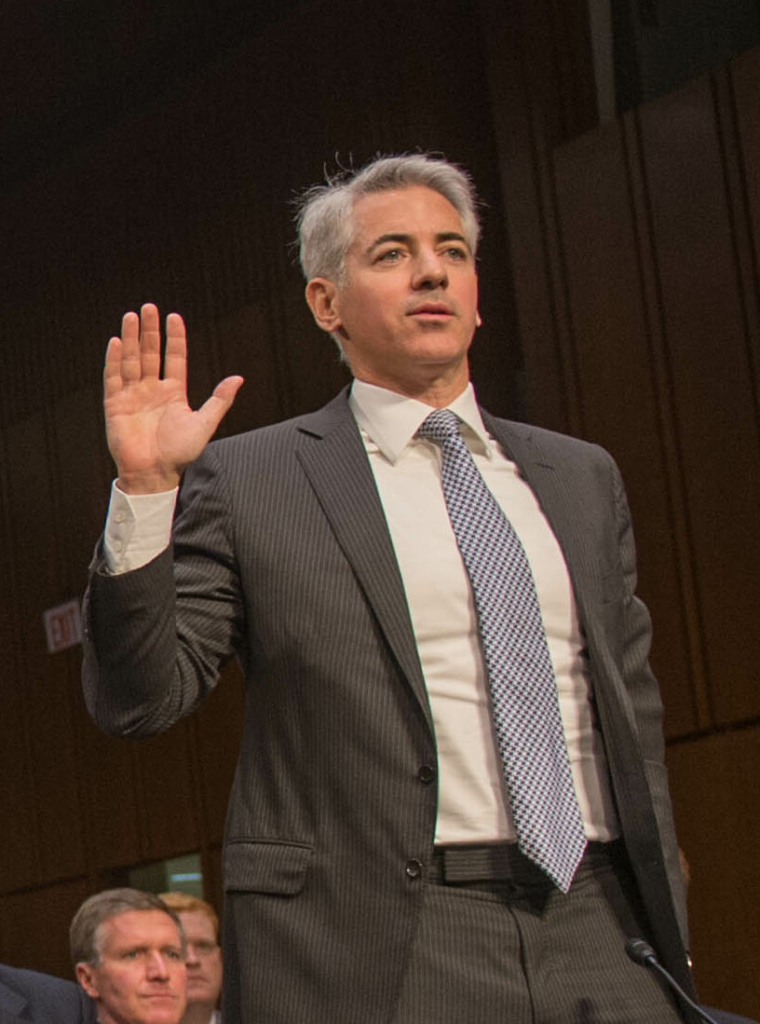
5. Conspiracy Theories and Public Rebukes
After the assassination, Owens claimed billionaire Bill Ackman threatened Kirk for his position on Israel, something Ackman has flatly denied. Pastor Rob McCoy, co-chair of TPUSA’s faith arm, publicly chastised Owens, calling on her to respect Kirk’s memory without perpetuating false rumors.
The episode has attracted other influential conservatives, with Tucker Carlson condemning Israeli Prime Minister Benjamin Netanyahu’s statements on Kirk’s passing, accusing him of attempting to “hijack Charlie’s memory.” Such conflicts have highlighted how foreign policy differences bleed over into domestic conservatism.
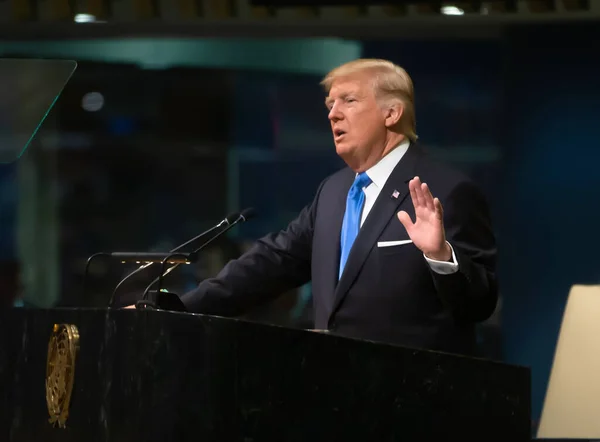
6. Trump’s Central Role in the Mourning
From announcing Kirk’s death to delivering the final eulogy at his memorial, Donald Trump has been a constant presence in the grieving process. He has described Kirk as a close friend and credited him with helping shape his political movement.
Trump’s role has also had a political dimension, as he accused “radicals on the left” of creating a culture of violence. His presence at the State Farm Stadium memorial, along with the likes of Vice President JD Vance and Secretary of State Marco Rubio, indicates the comprehensive embedding of TPUSA in the Trumpist conservative establishment.
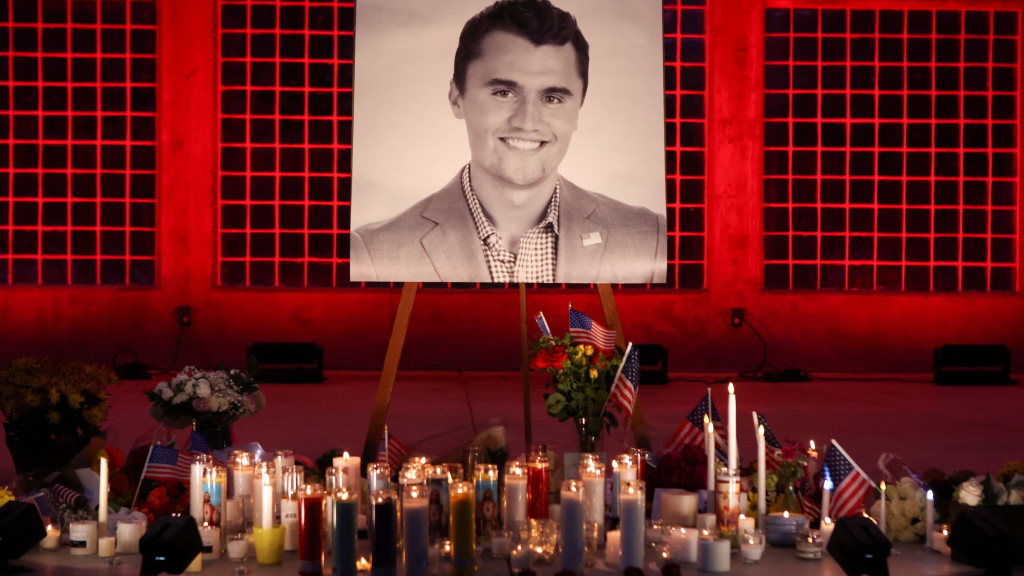
7. Security and Political Tensions
Kirk’s funeral has been categorized as a Special Event Assessment Rating Level 1, the same level assigned to events such as the Super Bowl, opening up widespread federal security resources. This increased security both indicates the size of the assembly and apprehension about possible threats.
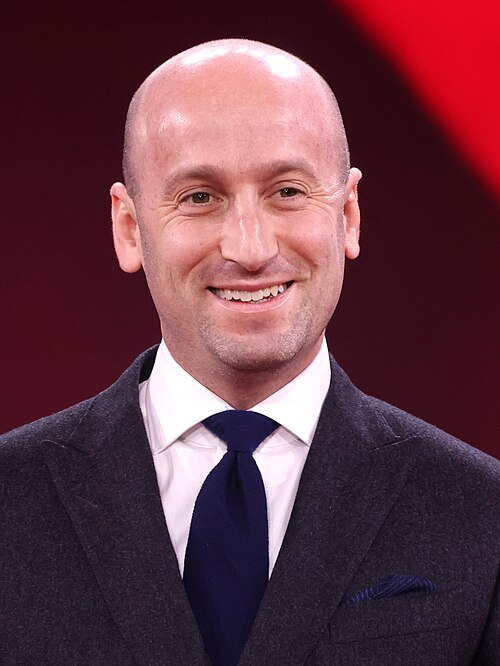
Simultaneously, top White House staff have committed to investigating organizations they claim stoke violence against conservatives, a step critics say has the potential to result in government overreach. Deputy Chief of Staff Stephen Miller has pointed to a “network of organizations” he believes fuel unrest, naming specifically Black Lives Matter, which has publicly denounced political violence.
Turning Point USA’s future is now in the hands of Erika Kirk and how she manages the blend of loyalty, scandal, and political possibility left in her husband’s wake. With groundswell energy building, allies mobilizing, and critics honing their aim, the organization is at a crossroads either to grow in stature or be shaped by the internal and external conflicts now playing out.


